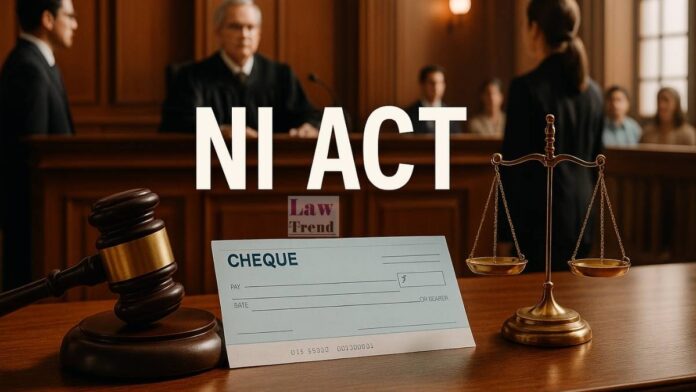The Rajasthan High Court, in a significant ruling, has held that a cheque issued for the payment of a time-barred debt constitutes a valid and enforceable contract under Section 25(3) of the Indian Contract Act, 1872. Consequently, the dishonour of such a cheque attracts criminal liability under Section 138 of the Negotiable Instruments Act, 1881.
To Read More Please Subscribe to VIP Membership for Unlimited Access to All the Articles, Download Available Copies of Judgments/Order, Acess to Central/State Bare Acts, Advertisement Free Content, Access to More than 4000 Legal Drafts( Readymade Editable Formats of Suits, Petitions, Writs, Legal Notices, Divorce Petitions, 138 Notices, Bail Applications etc.) in Hindi and English.




